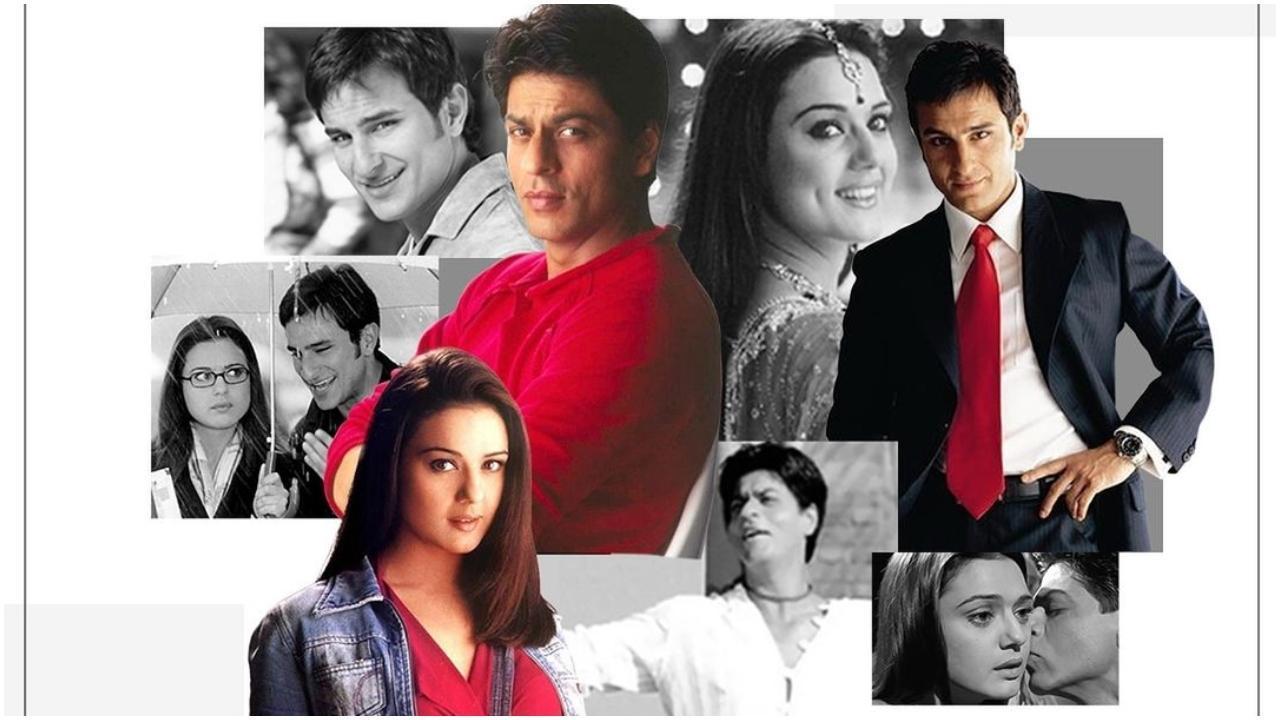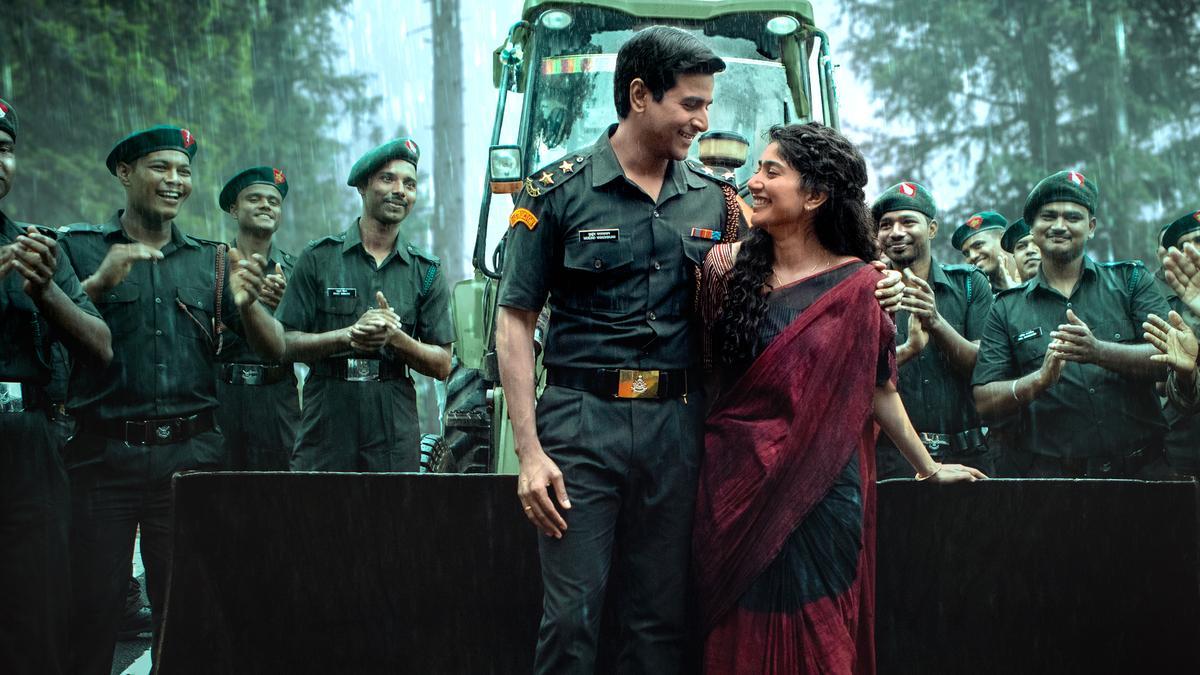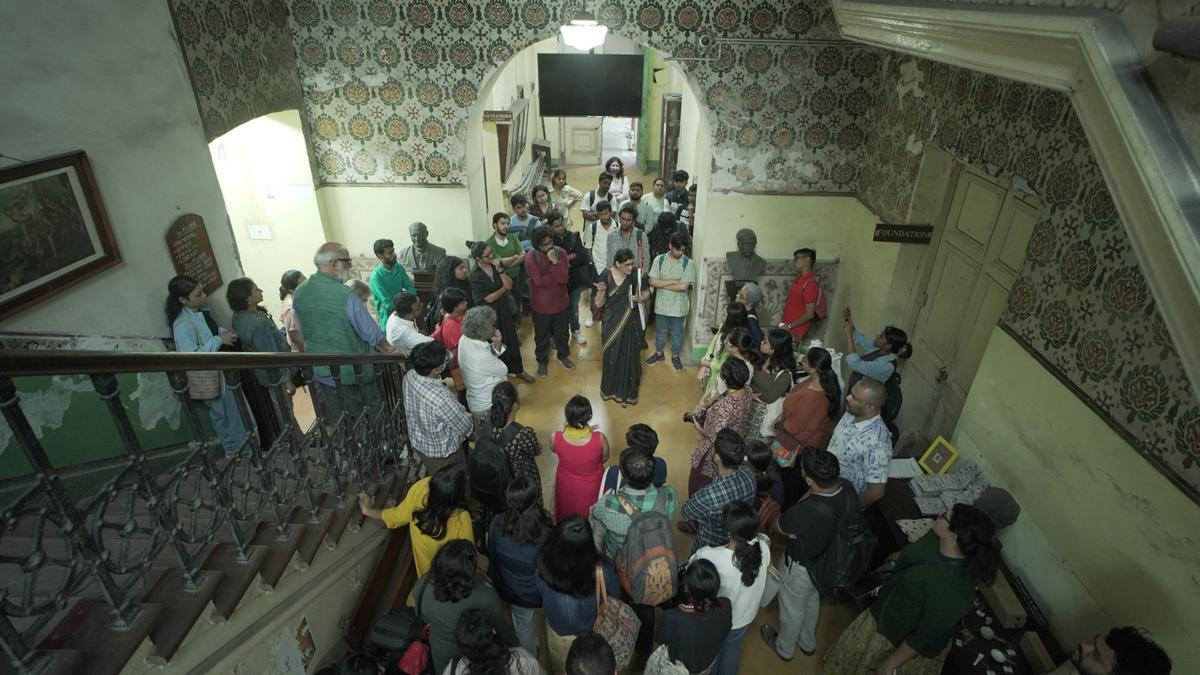
In a solemn gathering marked by grief and remembrance, singer and musician Anup Jalota’s sorrow was palpable as he memorialized his friend and fellow Ghazal singer, Pankaj Udhas. Visitors and media personnel assembled at Udhas’s Mumbai residence, where the air was heavy with the scent of flowers and the murmur of condolences. Udhas, who had been battling cancer, received a state funeral that reflected the nation’s respect for his contributions to the world of music and philanthropy.
Anup Jalota, visibly shaken, struggled to maintain his composure as he reminisced about his longstanding friendship with Udhas, a camaraderie that extended well beyond their professional interactions. Struggling to find the words, Jalota eventually spoke to those gathered, sharing heartfelt sentiments about the bond they shared. “It’s very difficult to forget him. For people, it is Pankaj Udhas who has gone, but for me, I’ve lost a ‘yaar,’ a dear friend,” he lamented. The two had shared countless moments together, their love of ghazals and music creating an unspoken harmony between them.
The irony of Udhas’s death did not escape Jalota. He noted with a poignant sense of injustice that the man who dedicated his life to aiding cancer patients ultimately succumbed to the very disease he fought against through his humanitarian efforts. Jalota’s voice wavered as he described the profound sense of loss that gripped him, likening it to losing a member of his own family. “We used to meet, eat food together, sing songs everywhere, even on our world tours. It’s a personal loss for me. May his soul rest in peace,” he expressed, grief lacing every word.
Pankaj Udhas’s legacy goes beyond his melodious voice and soul-stirring ghazals; he was also known for his charitable spirit, often lending his fame to raise awareness and resources for those in need. His commitment to giving back to society was as much a part of his identity as his music. His final journey from his residence—where his mortal remains were draped in the Tricolour, a testament to his stature—to the Hindu crematorium in Worli, Mumbai, was accompanied by a band and troops, as though bidding farewell to a hero.
The state funeral was more than a formality; it was a somber tribute to a man who had touched the hearts of millions, both through song and through action. The presence of prominent personalities from various fields, along with devoted fans, underscored the deep void Udhas’s departure has left in the cultural fabric of India.
Among the mourners, the sense of disbelief intermingled with the pangs of loss, as they grappled with the tragedy of losing such a monumental figure. Anup Jalota stood as a poignant figure among them, a friend mourning for another friend, his grief a mirror to the collective sorrow of the day.
As the nation joined in mourning, the life and achievements of Pankaj Udhas were recalled—a life replete with melodies that provided solace, joy, and company to listeners over the years. The solemnity of the occasion was a stark contrast to the vibrancy that Udhas’s music brought into the world, yet it was a fitting honor to a man who had become synonymous with ghazal music in India.
In a career that spanned decades and transcended borders, Pankaj Udhas’s mellifluous voice and his heartfelt renditions of ghazals earned him a place in the annals of music history, and his departure marked the end of an era. His legacy, however, lives on— in the memories of his family, friends, and the countless fans whose lives he touched with his artistry and compassion. Anup Jalota’s tears were a testament to the bond they shared as friends and as ambassadors of an art form that they loved and nurtured together. Jalota’s farewell to his beloved ‘yaar’ was not only personal but symbolic of the collective grief of an entire nation bidding goodbye to a treasured artist.










